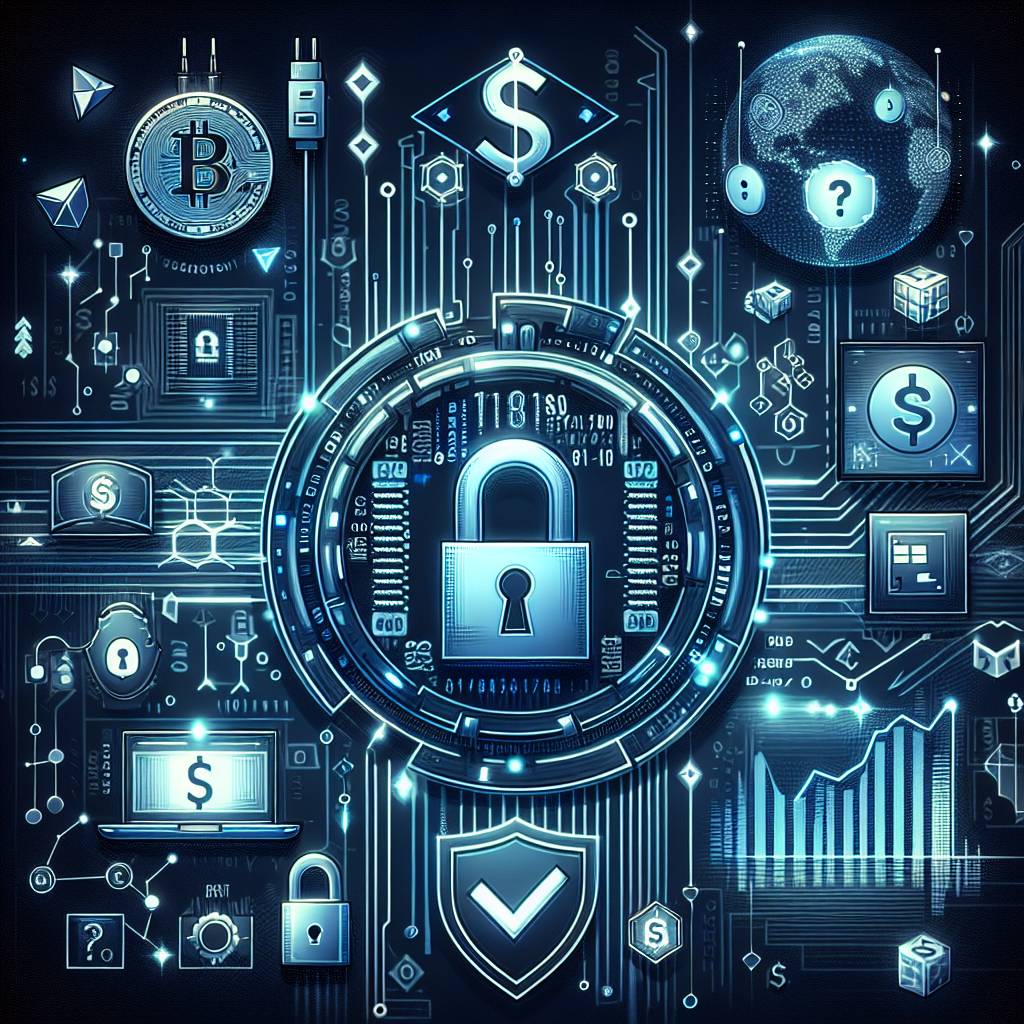What are the best practices for securing private keys in the Bitcoin industry?
What are some recommended strategies and techniques for ensuring the security of private keys in the Bitcoin industry? How can individuals and organizations protect their private keys from theft or unauthorized access?

3 answers
- One of the best practices for securing private keys in the Bitcoin industry is to use hardware wallets. Hardware wallets are physical devices that store private keys offline, making them less vulnerable to hacking or malware attacks. They provide an extra layer of security by keeping the private keys isolated from the internet. Examples of popular hardware wallets include Ledger and Trezor. Another important practice is to use strong and unique passwords for wallets and accounts. Avoid using common or easily guessable passwords, and consider using a password manager to generate and store complex passwords securely. Additionally, enabling two-factor authentication (2FA) adds an extra layer of security to Bitcoin wallets and exchanges. By requiring a second form of verification, such as a code sent to your mobile device, it becomes much harder for attackers to gain unauthorized access to your private keys. Remember to regularly update your wallet software and keep it up to date with the latest security patches. Developers often release updates to address vulnerabilities and improve security, so staying current is crucial. Lastly, it's important to be cautious of phishing attempts and scams. Always double-check the website's URL before entering your private key or any sensitive information. Be wary of unsolicited emails or messages asking for your private keys, as legitimate organizations will never ask for this information. By following these best practices, you can significantly enhance the security of your private keys in the Bitcoin industry.
 Mar 15, 2022 · 3 years ago
Mar 15, 2022 · 3 years ago - Securing private keys in the Bitcoin industry is of utmost importance to protect your digital assets. One effective practice is to use a cold storage solution. Cold storage involves keeping your private keys offline, away from any internet-connected device. This can be achieved through hardware wallets, paper wallets, or even offline computers. By keeping your private keys offline, you minimize the risk of them being compromised by hackers or malware. Another practice is to regularly back up your private keys. Losing access to your private keys can result in permanent loss of your Bitcoin. By creating multiple backups and storing them in secure locations, such as encrypted USB drives or offline storage devices, you can mitigate the risk of losing your private keys. It's also important to stay vigilant and avoid sharing your private keys with anyone. Be cautious of phishing attempts and never disclose your private keys to anyone claiming to be a representative of a Bitcoin exchange or wallet provider. Legitimate organizations will never ask for your private keys. Lastly, consider using multi-signature wallets for added security. Multi-signature wallets require multiple private keys to authorize transactions, making it more difficult for attackers to gain control over your funds. Remember, securing your private keys is essential for protecting your Bitcoin investments. Take the necessary precautions to ensure their safety.
 Mar 15, 2022 · 3 years ago
Mar 15, 2022 · 3 years ago - At BYDFi, we understand the importance of securing private keys in the Bitcoin industry. One of the best practices we recommend is to use a combination of hardware wallets and multi-signature wallets. Hardware wallets provide an extra layer of security by storing private keys offline, while multi-signature wallets require multiple private keys to authorize transactions, reducing the risk of unauthorized access. Additionally, we advise our users to regularly update their wallet software and enable two-factor authentication (2FA) for added security. By staying up to date with the latest security patches and requiring a second form of verification, users can significantly enhance the security of their private keys. Furthermore, we encourage our users to be cautious of phishing attempts and scams. Always verify the authenticity of websites and never share private keys or sensitive information with anyone. By following these best practices, users can protect their private keys and ensure the security of their Bitcoin holdings.
 Mar 15, 2022 · 3 years ago
Mar 15, 2022 · 3 years ago

Related Tags
Hot Questions
- 94
How can I protect my digital assets from hackers?
- 73
What are the best practices for reporting cryptocurrency on my taxes?
- 56
What are the advantages of using cryptocurrency for online transactions?
- 55
How can I buy Bitcoin with a credit card?
- 54
What are the best digital currencies to invest in right now?
- 53
Are there any special tax rules for crypto investors?
- 43
What are the tax implications of using cryptocurrency?
- 11
How can I minimize my tax liability when dealing with cryptocurrencies?
